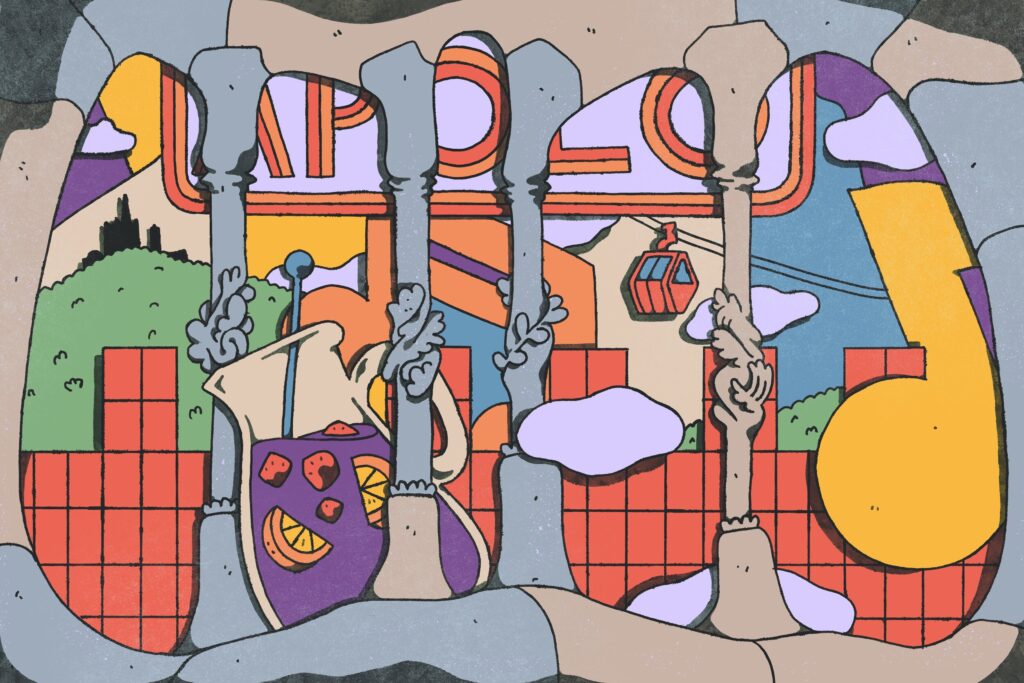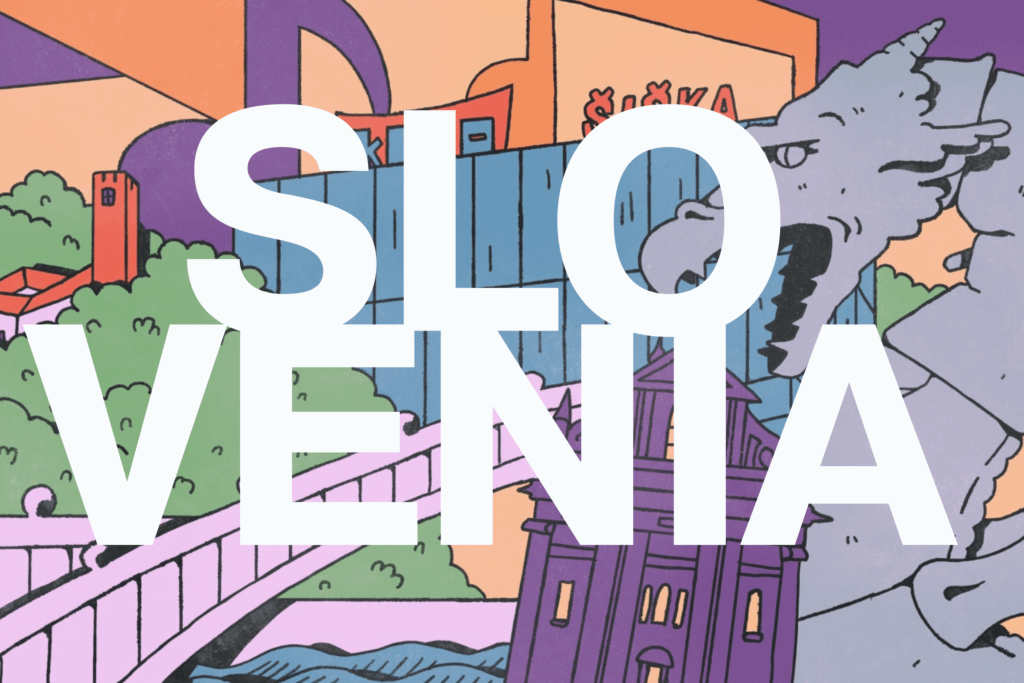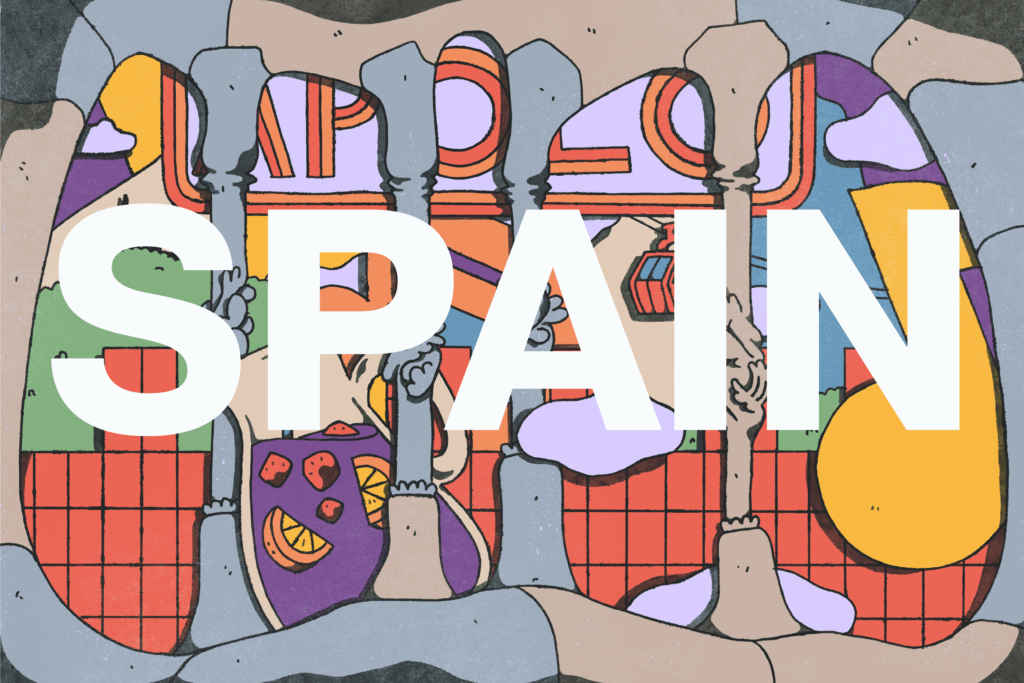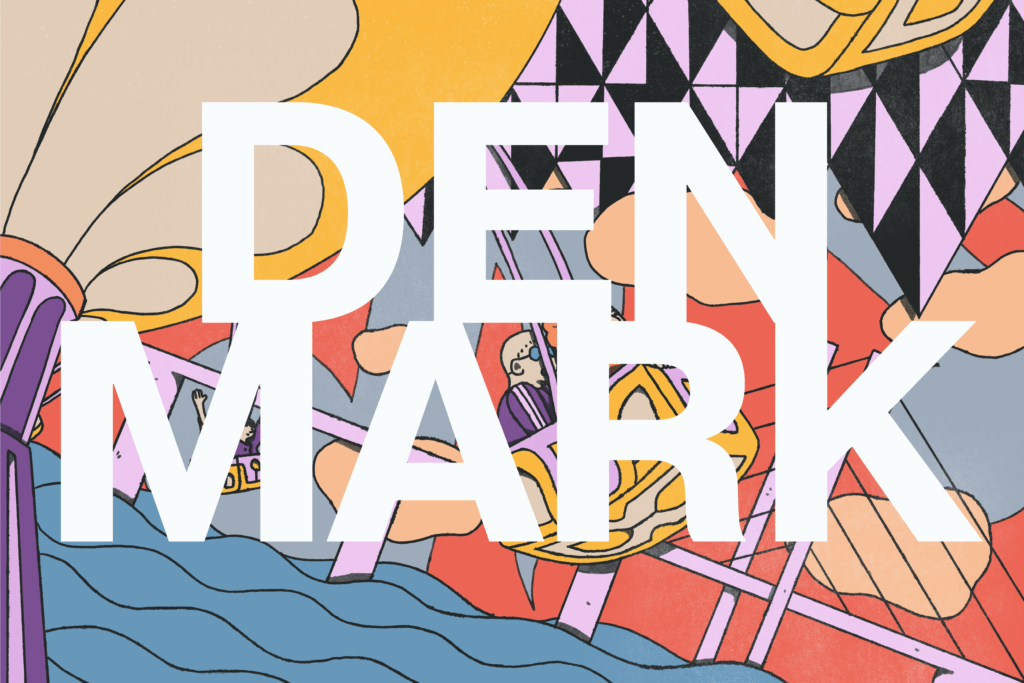Between the narrow streets of the Ciutat Vella (old town), Parc Güell and the Sagrada Familia, it is difficult to not regard Barcelona as a museum itself. The city is peppered with art, mosaics and architectural curiosa, putting visitors in a difficult spot. To stroll or to take it easy?
That’s because taking it easy is another one of the city’s strong suits. Barcelona’s weather is great, the beach is close by, and the city’s inhabitants have mastered the art of drinking on the street and talking for hours over wine, beer, pa amb tomaquet (“bread with tomato”) and tapas. Live music is undoubtedly a part of this fine recipe.
This laid-back mentality is even reflected in the way people think about traffic. Aspiring to give public space back to the people, the “superblock” project, initiated by the city council of Barcelona in 2013, seeks to drive cars out of the city and to create more space for leisure (making it cleaner and safer in the process).
“The city’s inhabitants have mastered the art of drinking on the street and talking for hours over wine, beer, pa amb tomaquet and tapas.”
In the Barri Gòtic (Gothic Quarter), high sweeping arches frame the modern, stylistic techno DJ sets at ABX10. Heavy metal music accompanies the graffitied Catholic shrines that sit heavy inside the medieval walls. Refined and fringe musical performances complement the historical thread of arts held in the old textile mill that is Fabra i Coats, whilst the more unruly psychedelic and Balacan Jams of Freedonia can’t help but spill out of its small and humble venue.
Summer, however, is never the main season for live music venues. With October and November as their busiest months, indoor concerts during the hottest period of the year are just not as popular. Unsurprisingly so: Barcelona’s streets are too exciting, buzzing with live music and complemented by the smells of fresh food and the mixed chattering of Catalan and other languages.
Rock the boat
“You really have to visit!” Naiara tells me, “when it’s possible again of course.” She’s the head of the artistic team of Sala Apolo, and like so many people, she is currently working from home. “My kids are currently out with my husband for breakfast,” she explains. I assure her the interview will be over before they return (which turns out to not be true, giving me an impression of what it is like to work from home with a family).
But Naiara makes a warm and healthy impression. “It has been a rollercoaster! Things can change in hours here.”
Spain was the first European country after Italy to be severely hit by COVID-19. Barcelona went into lockdown on the 14th of March and Sala Apolo hasn’t been open since. “It had been going very well for Sala Apolo in recent years,” Naiara explains.
“It has been a rollercoaster! Things can change in hours here.”
More than a decade ago, Spain was one of the most affected European countries as a result of the 2008 financial crisis. For years, bands didn’t touch base in Spain during their European tours. “People here didn’t have work, so they couldn’t afford tickets. In recent years we were finally back to where we were before the crisis. The agenda for the coming year was full.”
Sadly, we now know this was in vain. When Sala Apolo closed on the 11th of March, many assumed it would only be for a couple of weeks. Ever since, every speck of good news has resulted in new deceptions.
Part of the problem, according to Naiara, is the fact that the term “nightlife” is used very broadly by the Spanish media. As a whole, “nightlife” is being held responsible for a significant part of the spread of COVID-19 in the city. “Maybe 15 percent of the clubs were open and all the venues were closed. So why is the media focusing on all those new infections that are caused by the Barcelona nightlife?” she asks, “the sector is already really, really damaged.”
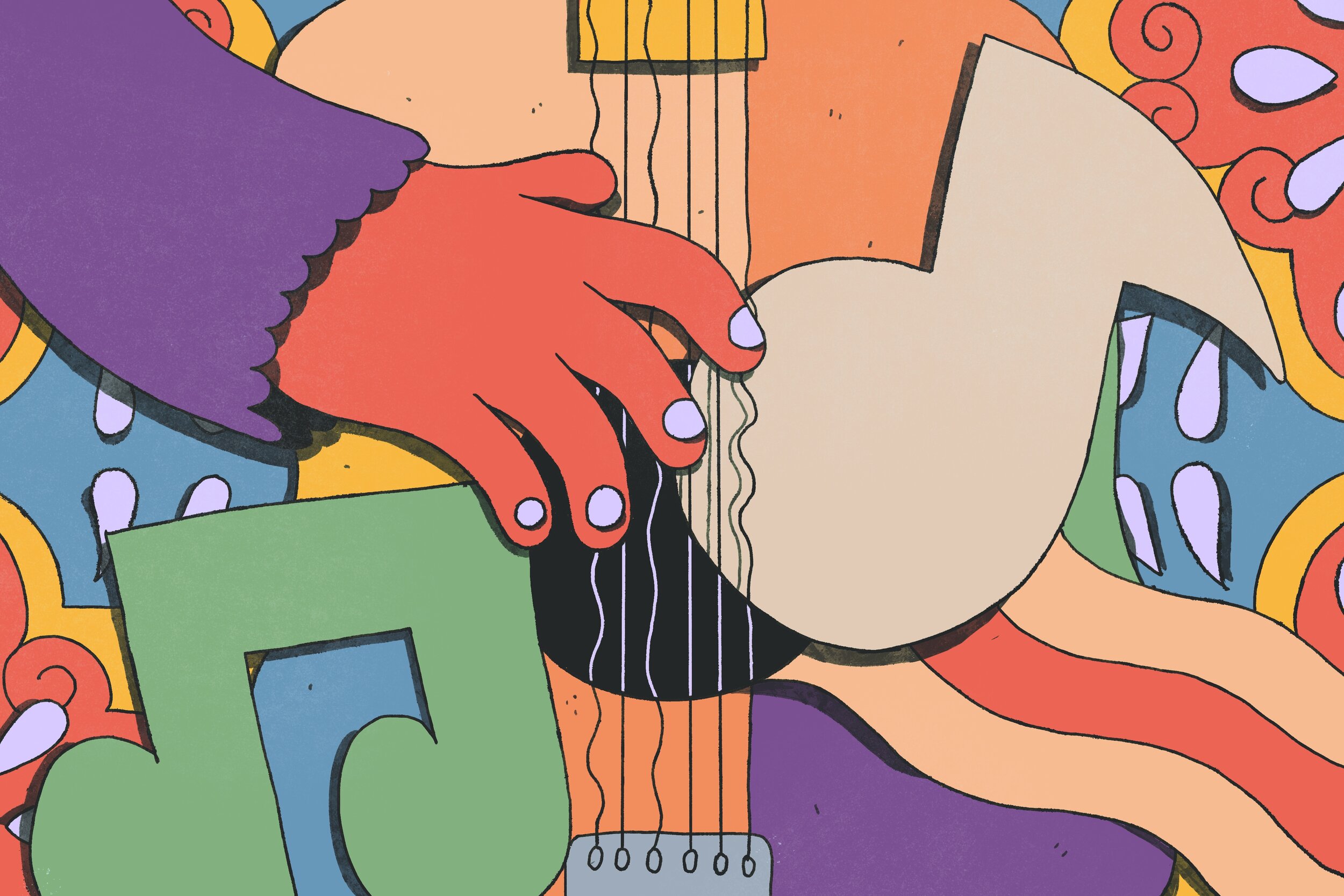
The misunderstanding is largely due to the increasing number of illegal parties also dubbed as “nightlife” by the media. Many people come together to party on boats and other places where there are no restrictions or rules to be observed.
“We can control who comes in. We can assure sanitary measures. We make nightlife safe!” Naiara says. Instead, Barcelona’s nightlife sector is being suspected of being the cause of the city’s misery.
“We were really keen to see what was happening in other venues around Europe and how they were dealing with all of this, so we ended up talking to people from Lisbon, Norway and other countries through the network of Liveurope.” Being able to do so made it easier for Naiara to navigate through these uncharted waters.
“Everybody is a product of their surroundings and live music enables artists to share this.”
Luckily, the main ingredients of a Barcelona summer are found outdoors. Because of all the canceled concerts and music festivals, small stages were set up throughout the city. In turn, these were programmed by concert organizers and bookers who had seen all of their plans for this summer evaporate overnight.
On top of Montjuic, Barcelona’s famous hill overlooking the sea, one of these stages is programmed by Barcelona’s smaller live venues. Another stage is programmed by the people from Primavera Sound, a yearly music festival co-organized by Sala Apolo.
Pandemic or no pandemic, the people from Barcelona are always hungry for something new when it comes to music. “As a cultural actor, it’s our task to provide people with new artists. Not everyone has time to always look for new music, so we do that job for you. And people trust that if it’s in Apolo, it’s good,” Naiara explains. It is important to gaze further than one’s own borders in the search for new and exciting artists.
“Live music is like reading books. If you only read books from Spain, you’re missing out!” she continues. “Everybody is a product of their surroundings and live music enables artists to share this with their audience and each other. Sala Apolo is like the bookshop!”
Meet TVERSKY
If you’re ever in need of some dance-at-home vibes to shake off your COVID-related worries, just put on TVERSKY. Let them transport you to 1985, perhaps put on some flared trousers and let the duo set you free.
Based in Barcelona, they released their debut album earlier this year. Not much remained of their summer tour after COVID took hold. “During the confinement we ‘unofficially’ put out a song about quarantine to take the edge off things and stay creative in spite of the situation around us,” the two explain.
I would spend my quarantine with you, repeats through the chorus, presented on a bed of bassy electro funk. Back when #stayhome was still a novelty, the video’s main character has some surprising encounters with singer and saxophone player Alan, serenading her from her coffee mug and bathroom mirror.
“Spanish people love to party, and disco music is a party by itself!”
“Spanish people love to party, and disco music is a party by itself, so I think that is why our music works here,” singer and saxophone player Alan says. “But when we play abroad, people love it too,” Xavier adds, “They dance and are having a good time. Playing live is one of our favorite parts of making music.”
Since Barcelona has relaxed its COVID-related measures, TVERSKY has been able to squeeze in a couple of gigs. However, going abroad is not as easy as it used to be.
“For smaller acts like us, it is more difficult to let ourselves be heard in other countries. Liveurope helps us to get out to play internationally and get our music heard in as many places as possible!”
As long as people are down to party, TVERSKY will have an audience. Although for now, depending on where you are, it might just be from home.
TVERSKY recommends:
Check out Ant Cosmos and Highkili from the Canary Islands, and b1n0 from Barcelona 🙂


